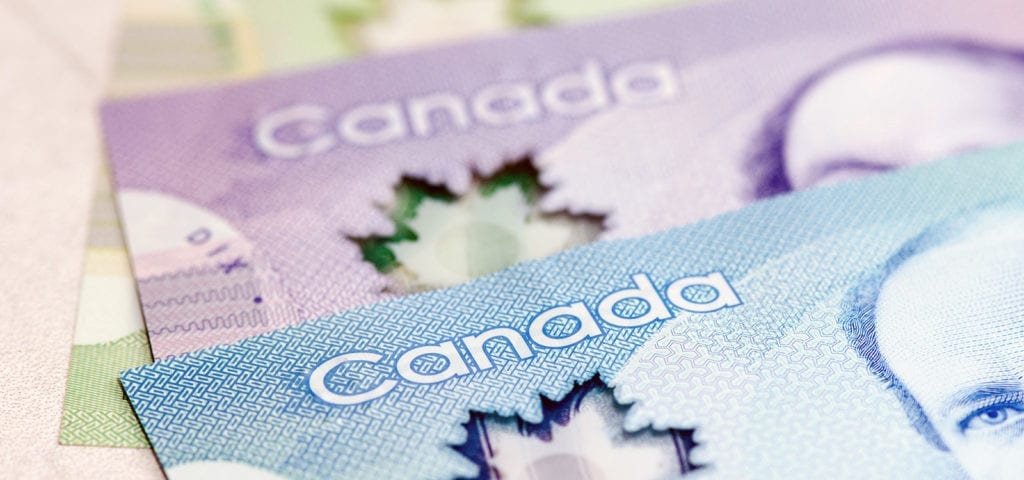The Canadian government plans to spend CA$36.4 million over the next five years on a cannabis public education and awareness campaign focused on youth and other at-risk populations, and drug-impaired driving. In March, Health Canada launched a digital campaign targeting parents, urging them to discuss cannabis with their children; the next phase will be geared toward youths aged 13 to 17 and young adults 18 to 24.
The new funds – $22.5 million over the first two years and $13.9 million over the subsequent three – brings Canada’s total investment for education, awareness and surveillance to $46 million, along with a previous $9.6 million investment over five years. Later campaigns will be aimed at “other priority populations,” including Indigenous people, pregnant and breastfeeding women, and people with a history of mental illness.
Bill Blair, Parliamentary secretary to the Minister of Health, said the investments are steps toward informing citizens about “the real effects of cannabis.”
“Our Government wants Canadians to have clear, factual information so that they understand how using cannabis could affect them,” he said in a statement.
In 2018, Health Canada will also begin dedicating $3 million annually through its Substance Use and Addiction Program for cannabis public education and awareness initiatives. The Canadian Institutes of Health Research have also issued a $1 million Catalyst Grant to explore the social impacts of legalization.
The government is expected to legalize cannabis by July 1, 2018.
